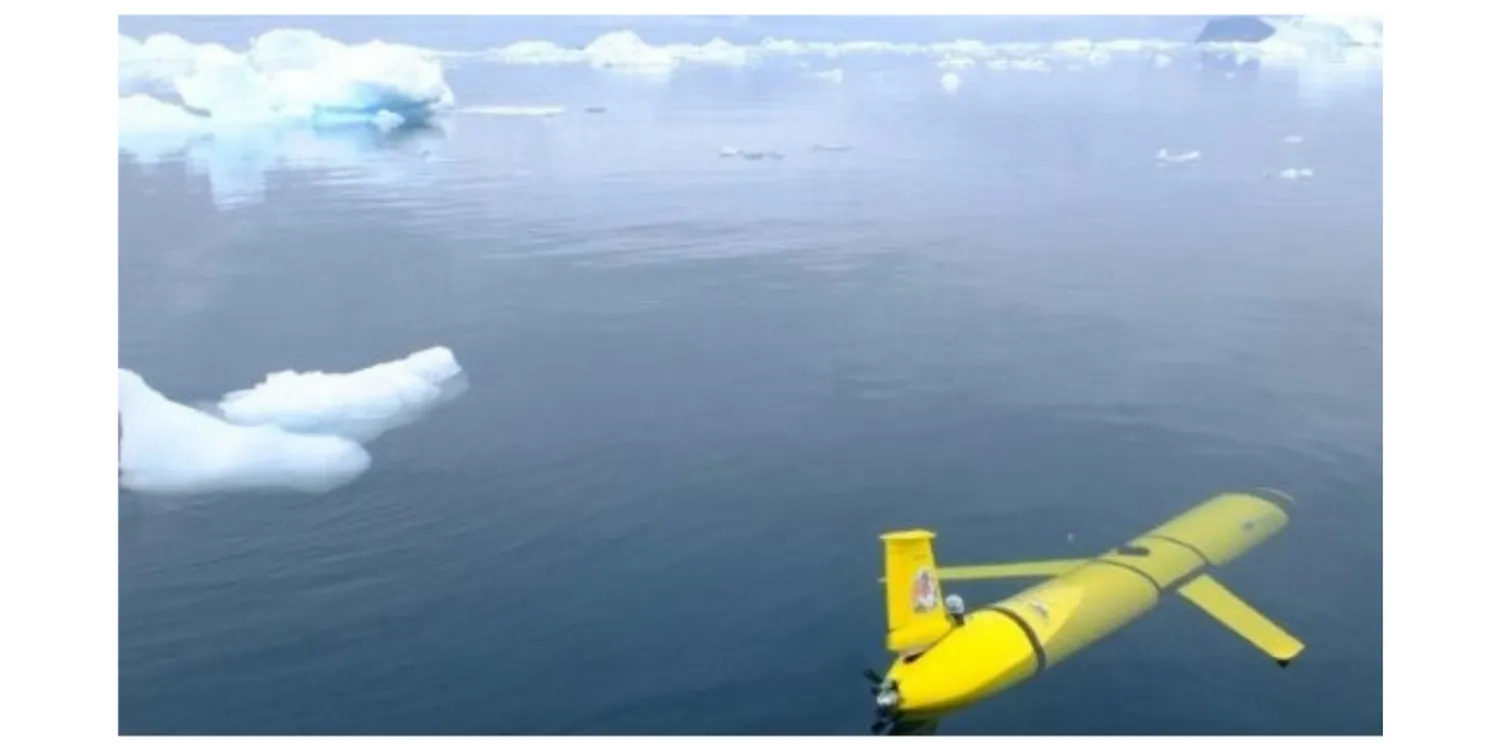17 Feb 2023
Marine monitoring is a critical tool in understanding and protecting the world's oceans and their diverse habitats and species. Despite its importance, marine monitoring is limited by several factors that can affect its accuracy, reliability, and overall impact. Some of the most significant limitations include:
1. Cost: Marine monitoring requires significant financial resources for the purchase and maintenance of equipment, data collection, and analysis. Many organizations and governments lack the funding needed to carry out robust and comprehensive monitoring programmes. TechOceanS focuses on technologies that can deliver state-of-the-art yet inexpensive measurements through the use of low-cost materials, reduced power consumption and miniaturisation. In addition, TechOceans strives for interoperability in order to allow our developments to be applied to other technologies and in other settings.
2. Technological limitations: The technology used in marine monitoring is often expensive and requires specialized expertise to operate and interpret. This can limit the number of monitoring programs and the areas that can be monitored, leading to gaps in our understanding of the oceans. TechOceanS has chosen to develop technologies that can fill key gaps, particularly Essential Ocean Variables (EOVs) that cannot currently be measured from non-ship observing systems. For many EOVs this is the only route that can achieve the spatial and temporal coverage needed to inform policy and the public.
3. Data interpretation: Marine monitoring generates large amounts of data that must be interpreted correctly to provide accurate information. This can be a complex and time-consuming task, and the results may be affected by a number of factors, including the choice of data sources, the methods used to process the data, and the expertise of the individuals interpreting the results. TechOceans is pioneering advances in machine learning, and automated classification and combining these with 3D imaging and modelling to address the challenges of data interpretation. To achieve this, TechOceanS is developing Machine Learning algorithms that encode data in situ to reduce data size to a level that can be transmitted over long-range low band width acoustic communication and over-the-horizon global satellite communication. This strategy will allow the production of 100% accurate, sensor-agnostic training libraries, significantly reducing the need for human expert input and improve the ability of Machine Learning classification algorithms.
4. Logistics and accessibility: The oceans are vast, and many areas are remote and difficult to access. This can make it challenging to collect data, particularly in deep water and in areas where weather conditions are harsh. Physically delivering and recovering sensors into and from marine environments is one of the biggest logistical and organisational challenges faced by the marine community. TechOceanS has selected techniques that are robust and can be applied in the massively under-sampled deep sea with our imaging, cytometer and ecogenomic technologies. Our aim is to fill critical gaps in capability for future ocean monitoring by developing ship-free methods that can measure the most important chemical, biological and ecosystem variables at a drastically lower cost per data point than is possible today.
5. Sampling biases: Marine monitoring is often based on samples taken from a limited area or at a specific time. This can introduce sampling biases and lead to incomplete or misleading results. TechOceanS has selected microsensors and microfluidics because they can perform high quality assays in situ for a very wide range of variables often resulting in more accurate measurements than sampling and laboratory. The systems utilise low-cost components (such as simple LED optics) that are durable and resistant to biofouling. This makes them perfect candidates for mass deployments in diverse habitats and geographic areas.
TechOceanS sensors will directly address many of the factors that can affect the accuracy, reliability, and overall impact of marine monitoring programmes. By developing new and more effective monitoring methods TechOceanS will contribute to ensuring the long-term health and sustainability of the world's oceans and their diverse habitats and species.
